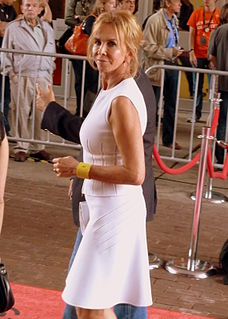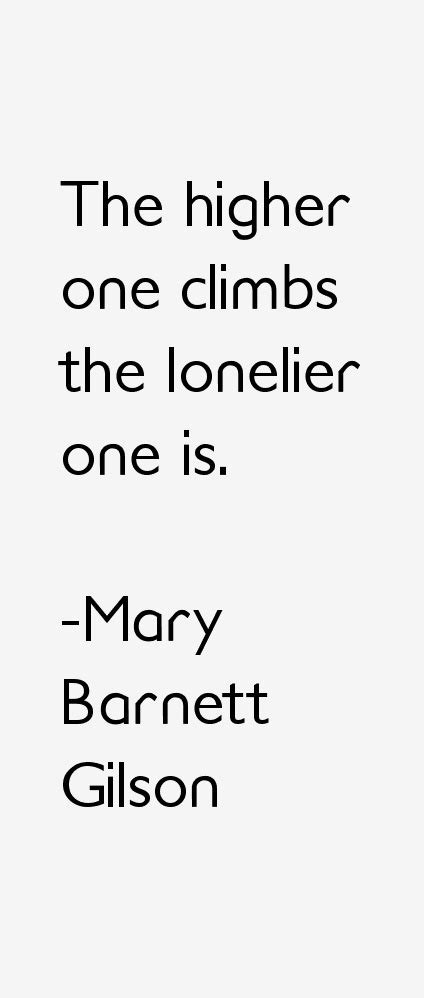A Quote by Richard Rorty
As long as we try to project from the relative and conditioned to the absolute and unconditioned, we shall keep the pendulum swinging between dogmatism and skepticism. The only way to stop this increasingly tiresome pendulum swing is to change our conception of what philosophy is good for. But that is not something which will be accomplished by a few neat arguments. It will be accomplished, if it ever is, by a long, slow process of cultural change - that is to say, of change in common sense, changes in the intuitions available for being pumped up by philosophical arguments.
Quote Topics
Absolute
Accomplished
Available
Being
Between
Change
Changes
Common
Common Sense
Conception
Conditioned
Cultural
Cultural Change
Dogmatism
Ever
Few
Good
Increasingly
Keep
Long
Neat
Only
Our
Pendulum
Philosophical
Philosophy
Process
Project
Pumped
Relative
Say
Sense
Shall
Skepticism
Slow
Slow Process
Something
Stop
Swing
Swinging
Tiresome
Try
Up
Way
Which
Will
Related Quotes
When you surrender and stop resisting and stop trying to change that which you can't change, but be in the moment, be fully open to the blessings you've already received and those that are yet to come and stand in that space of gratitude ... and look at where you are and how far you've come and what you've accomplished - when you can claim THAT and SEE that, the literal vibration of your life will change.
I recognize thart even you, yourself, will change. Your ideals will change, your tastes will change, your desires will change. Your whole understandings of who you are had better change, because if it doesn't change, you've become a very static personality over a great many years, and nothing would displease me more. And so I recognize that the process of evolution will produce changes in you.
We women, we're always being invited to change our hairstyle, change our clothes, change our wardrobes. It's also important for us to remember as we age to keep changing the way we think of the world. I'm not saying to be flaky at all; but rather than being rigid about something, stay open and available.
Some of my understanding of what philosophy and ethics is has changed very slowly. One thing that has changed is this for quite a long time I bought-into the idea that philosophy is basically about arguments. I'm increasingly of the view that it isn't. The most interesting things in philosophy aren't arguments. The thing that I think is underestimated is what I call a form of attending. I think that philosophy is at least as much about carefully attending to things as it is about the structure of arguments.









































